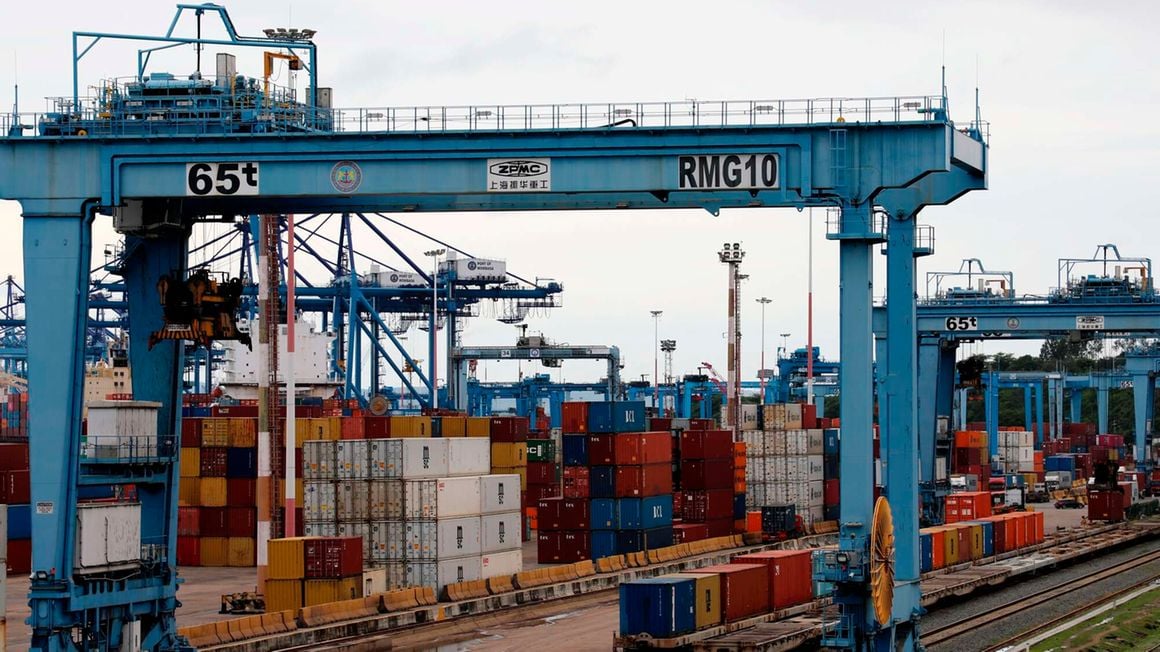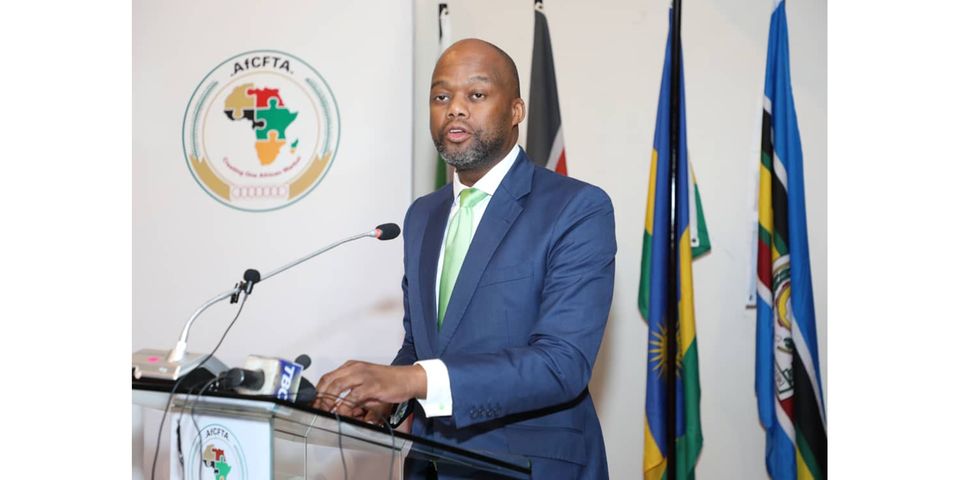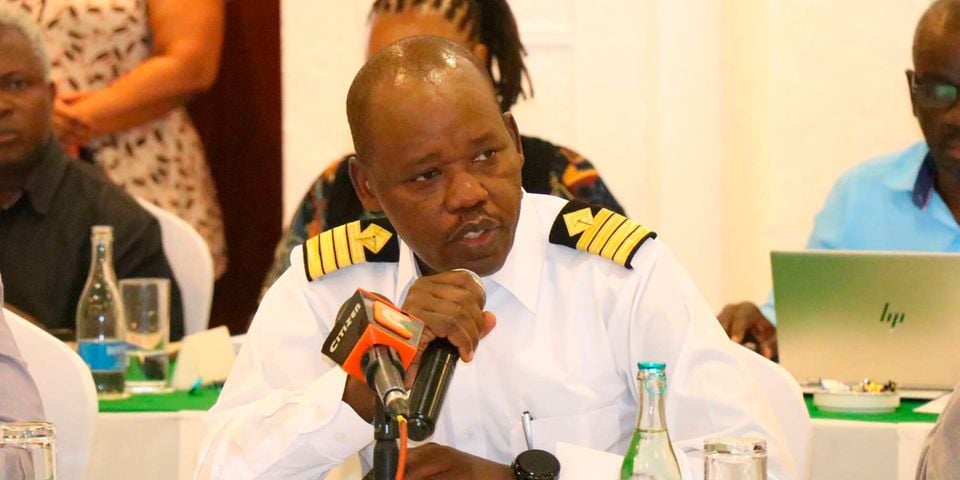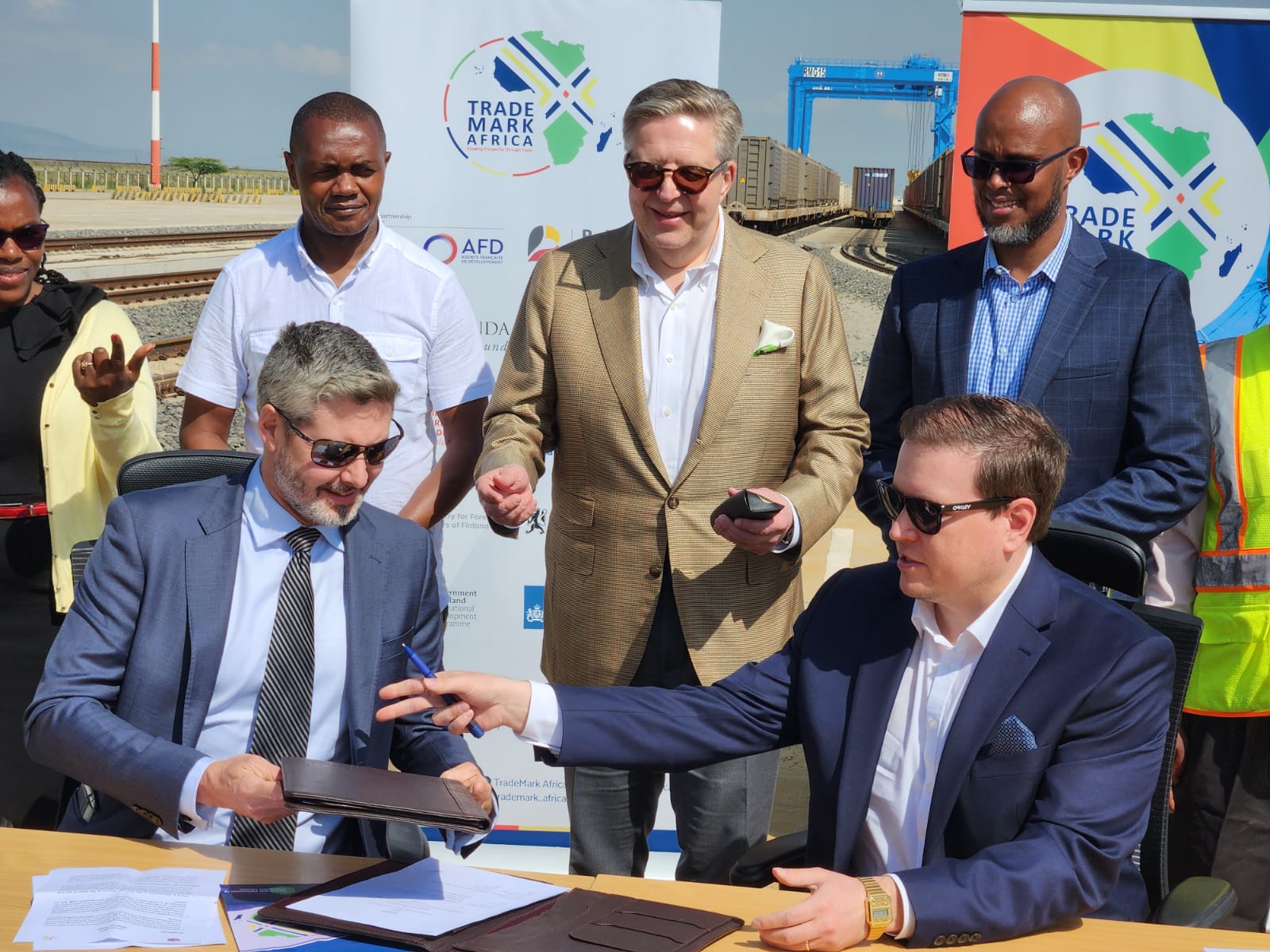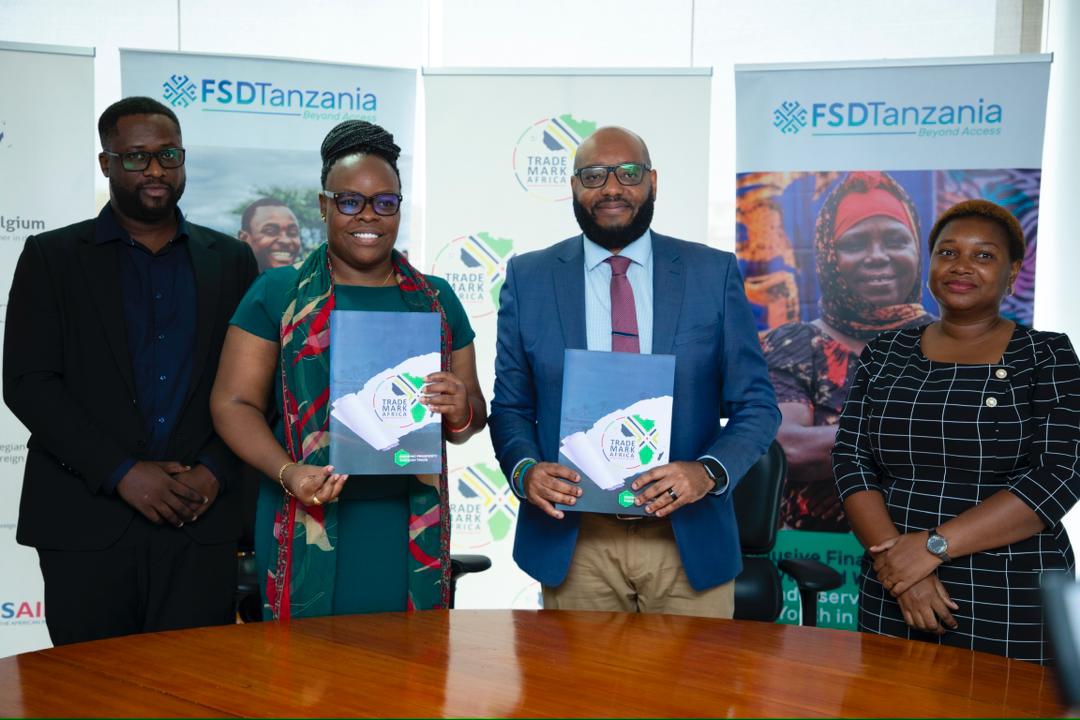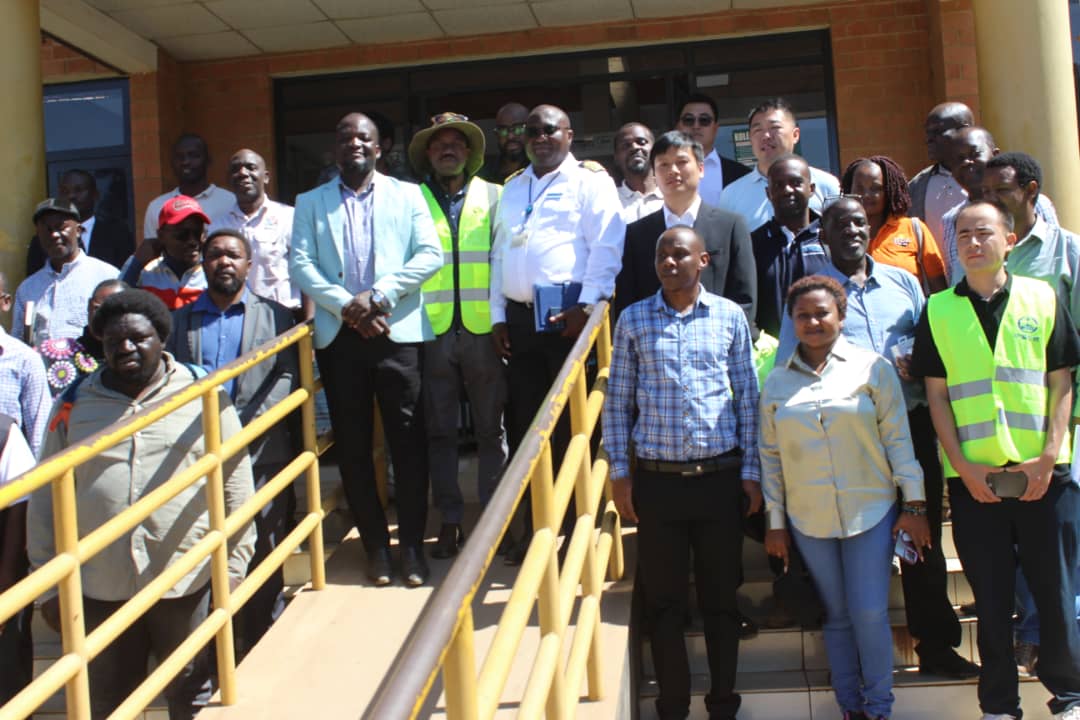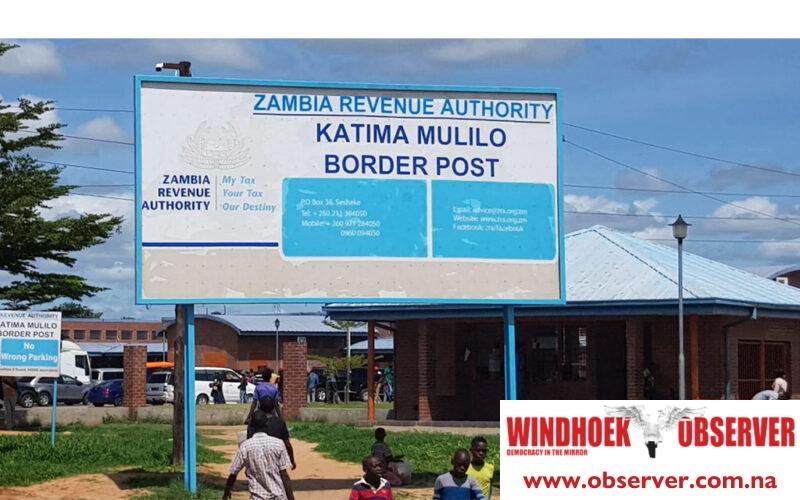The volume of fresh produce from Tanzania and Uganda exported using reefers through the port of Mombasa, Kenya has increased to six percent, compared to last year. The Mombasa port recorded 6,813 20-foot equivalent units (Teus), helped by the installation of 1,367 reefer plugging points in its port facilities since last year. Reefers are refrigerated containers. The $380 million Business Environment and Export Enhancement Programme, implemented by TradeMark Africa to push for radical decarbonisation of value chains that deliver fresh produce is yielding fruit, with more traders preferring sea to air in transporting fresh produce. Consumers, especially in Europe, have been on the frontline in this push. Currently, perishable goods approvals through the Mombasa port are done at the point of loading, and permit approvals are granted by the KenTrade-operated National Electronic Single Window System. Read: EA corridors face costs, logistical barrier hurdles Kenya Ports Authority (KPA) Managing Director Capt William Ruto said the agency has installed 1,367 reefer plugging points: 795 at the Mombasa port, 336 at the Inland Container Depot (ICD) in Nairobi, 216 at the Lamu port and 20 at the Naivasha ICD. “Kenya started transporting horticultural produce by sea in a move that would reduce the carbon footprint and improve earnings. This is after Kenya signed a pact with the European Union, one of its major export destinations, agreeing to transport fresh produce via sea after Mombasa port complied with requirements last year,” Capt Ruto said. He added: “The goal is to enhance the competitiveness and share...
Uganda, Tanzania fresh produce volume via Mombasa on the rise
Posted on: June 26, 2024
Posted on: June 26, 2024

